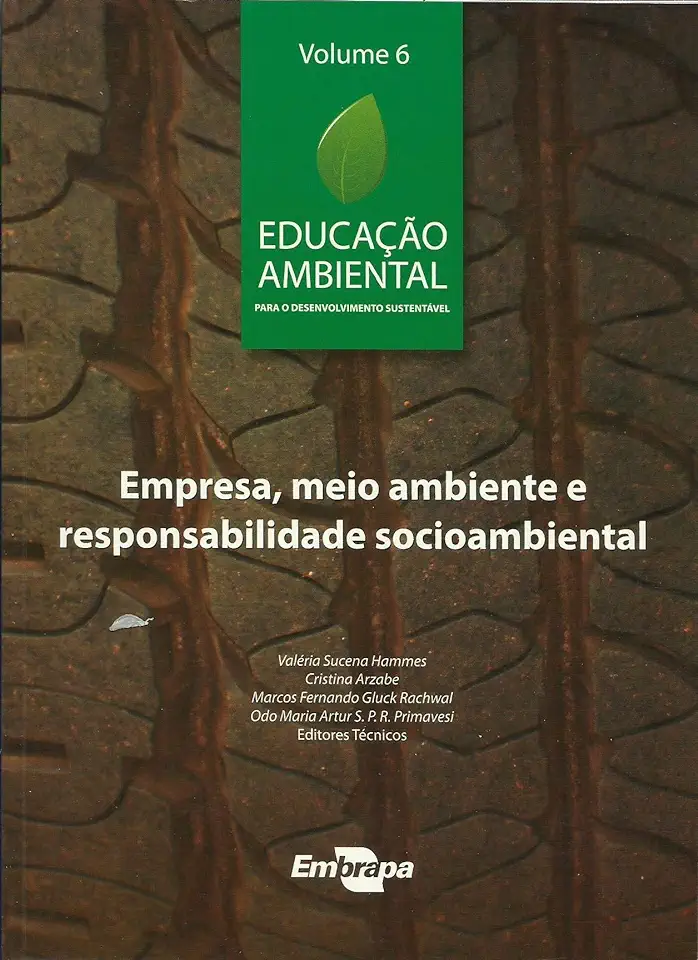
Methodological Proposal for Macroeducation - Valéria Sucena Hammes
Methodological Proposal for Macroeducation: A Comprehensive Guide to Educational Transformation
Introduction
In the ever-evolving landscape of education, the need for innovative and effective teaching methodologies has become paramount. "Methodological Proposal for Macroeducation" by Valéria Sucena Hammes emerges as a groundbreaking work that offers a comprehensive framework for educational transformation. This book is a must-read for educators, policymakers, and anyone passionate about revolutionizing the way we learn and teach.
A Paradigm Shift in Education
Hammes challenges traditional educational approaches by introducing the concept of macroeducation, a holistic methodology that encompasses the individual, the collective, and the environment. This paradigm shift emphasizes the interconnectedness of learning, personal development, and social responsibility, fostering a well-rounded education that prepares individuals for the challenges of the 21st century.
Key Features of Macroeducation
The book delves into the key features of macroeducation, providing practical insights and strategies for implementation. These include:
Interdisciplinary Learning: Macroeducation encourages the integration of various disciplines, breaking down silos and promoting a comprehensive understanding of complex issues.
Collaborative Learning: Collaboration is central to macroeducation, fostering teamwork, peer learning, and the development of essential social skills.
Problem-Based Learning: Students engage in real-world problem-solving, developing critical thinking, creativity, and the ability to apply knowledge to practical situations.
Project-Based Learning: Macroeducation emphasizes hands-on projects that allow students to apply their knowledge and skills to create tangible outcomes.
Experiential Learning: Learning is not confined to the classroom; macroeducation encourages experiential learning through field trips, internships, and community engagement.
Benefits of Macroeducation
The benefits of adopting macroeducation are numerous and far-reaching. Hammes presents compelling evidence demonstrating how macroeducation:
Enhances Student Engagement: By making learning relevant, interactive, and collaborative, macroeducation fosters a genuine passion for learning and knowledge acquisition.
Promotes Critical Thinking: Macroeducation challenges students to think critically, analyze information, and develop informed opinions, empowering them to become independent thinkers.
Cultivates Problem-Solving Skills: Through real-world problem-solving, students develop the ability to identify, analyze, and solve complex problems effectively.
Fosters Social Responsibility: Macroeducation instills a sense of social responsibility, encouraging students to contribute positively to their communities and work towards a more just and sustainable world.
Prepares Students for the Future: Macroeducation equips students with the skills, knowledge, and values necessary to thrive in a rapidly changing world, fostering lifelong learning and adaptability.
Conclusion
"Methodological Proposal for Macroeducation" is a visionary work that provides a roadmap for educational transformation. By embracing the principles of macroeducation, educators can create dynamic and engaging learning environments that empower students to become well-rounded, responsible, and successful individuals. This book is an essential resource for anyone committed to revolutionizing education and shaping a brighter future for generations to come.